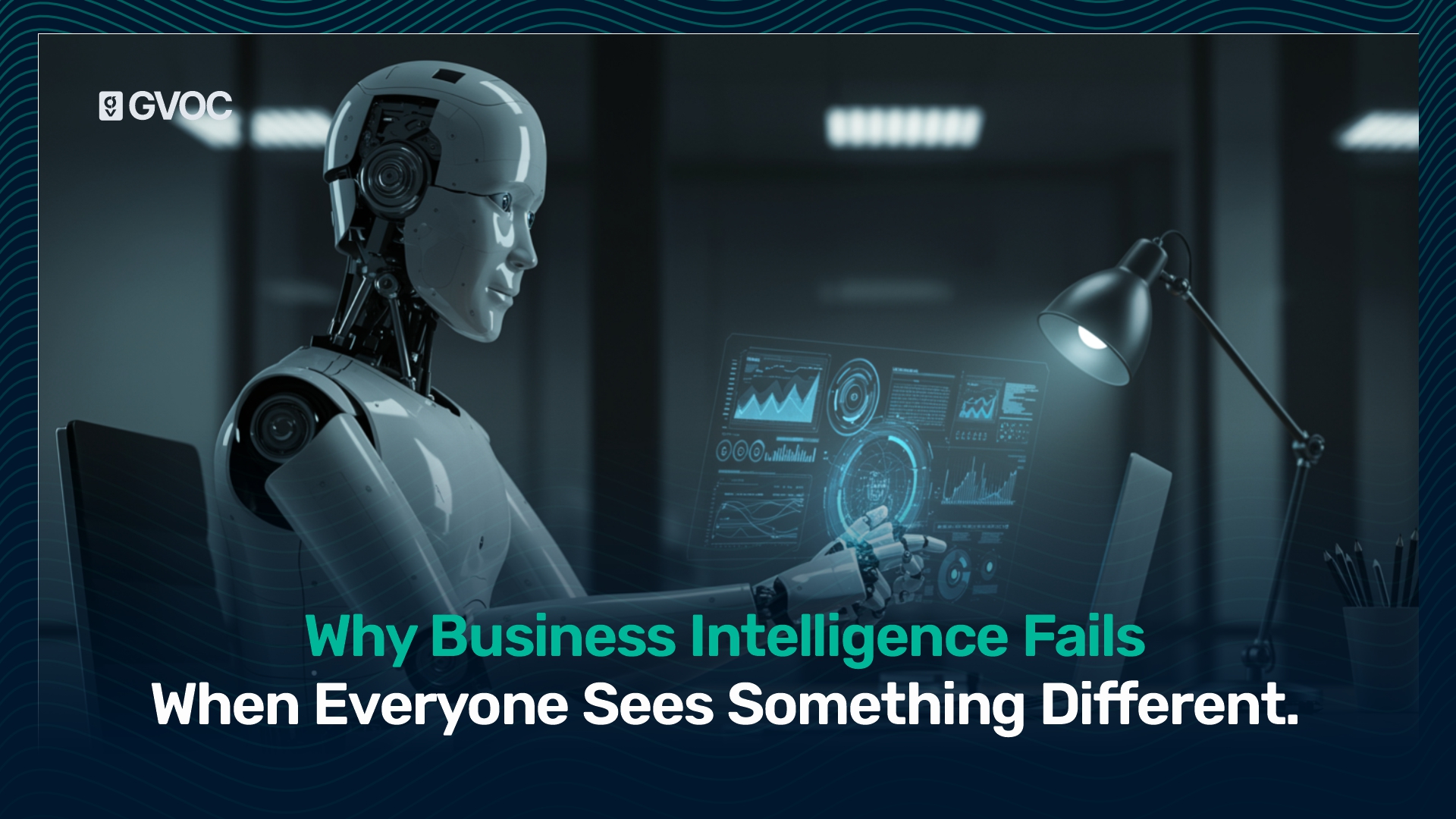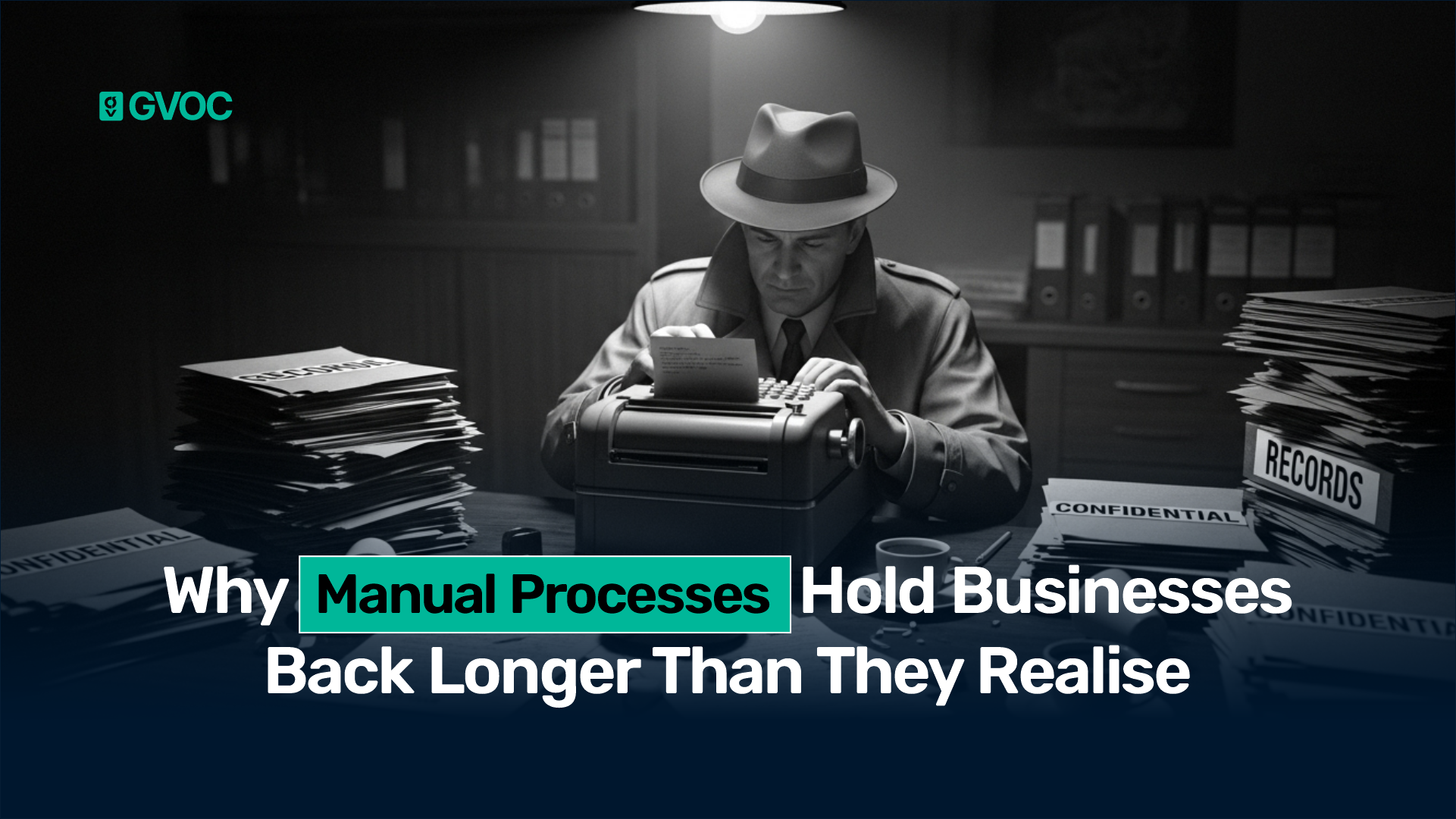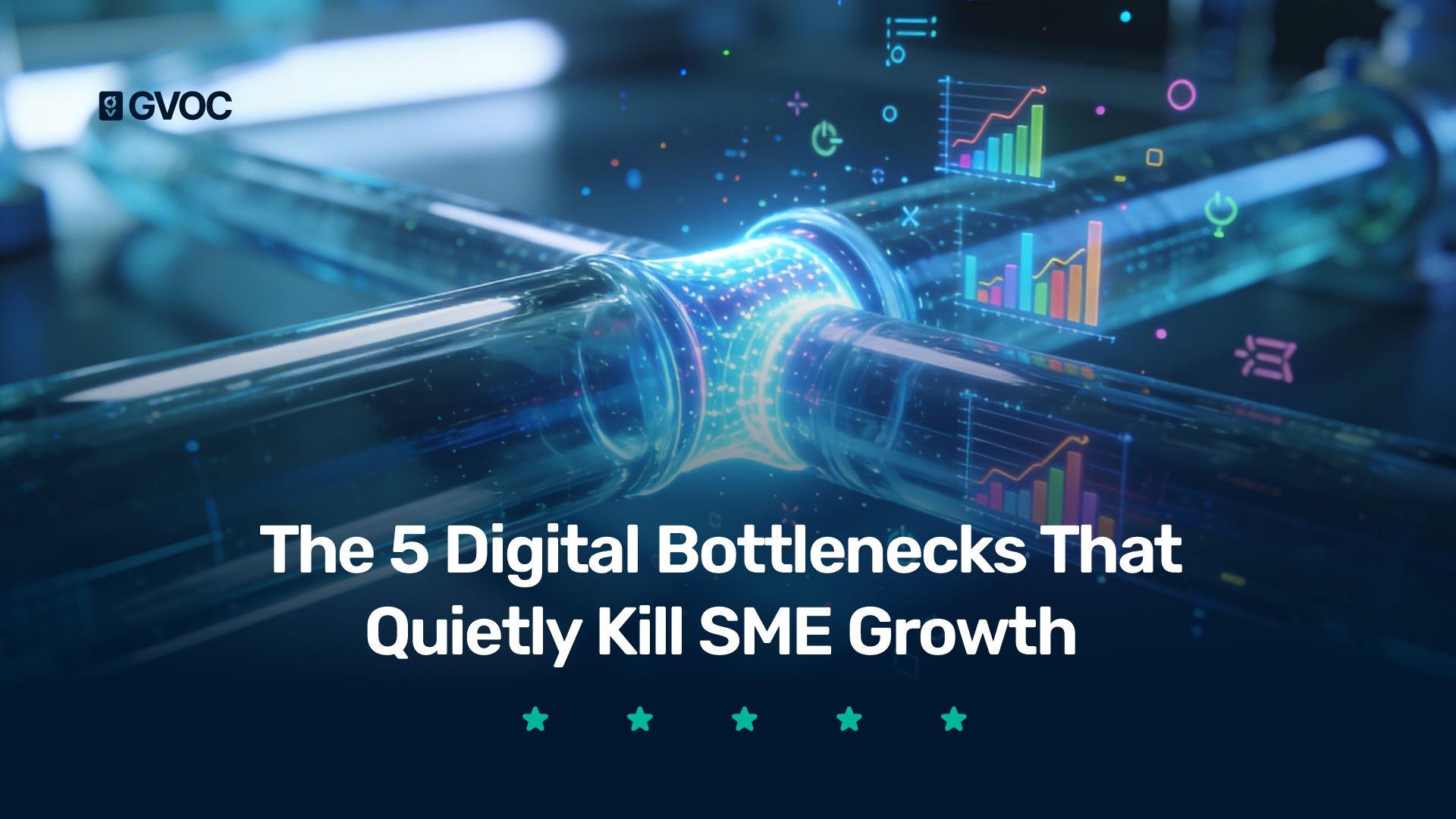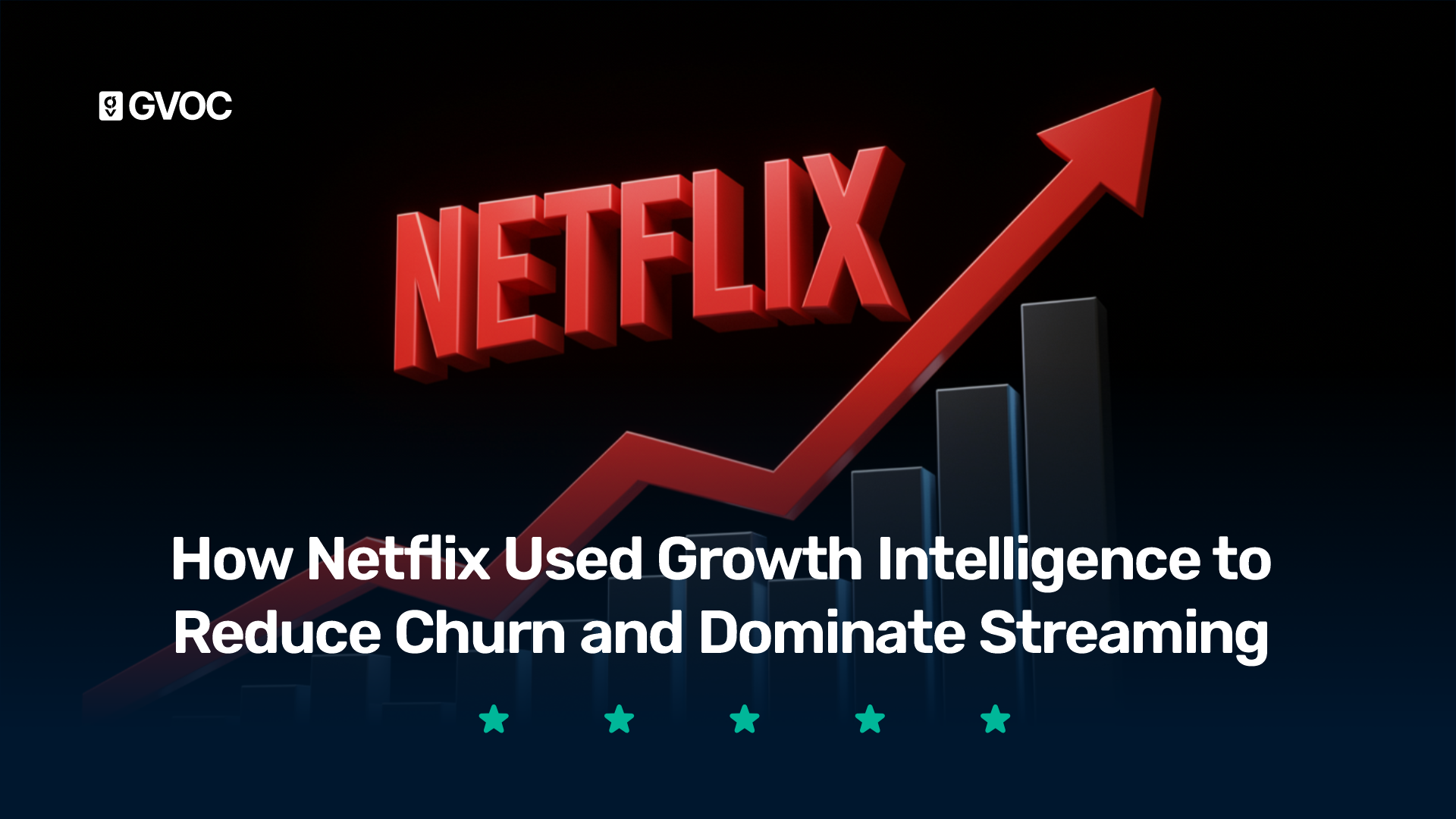%201.jpg)
Competitive Intelligence
Most SMEs aren’t failing because they lack hustle. They’re failing because they don’t understand their data or their competitors. A business is working hard, pouring resources into ads, hiring new staff, and chasing growth… but a smarter competitor, often with fewer resources, gets ahead simply because they know the market better. That’s the power of competitive intelligence. But here’s the catch done wrong, it can feel shady. Done right, it’s one of the most ethical and powerful tools a business can use to grow. This article breaks down how to conduct competitive intelligence research ethically, so you can outsmart your rivals without crossing the line.
Content
What Is Competitive Intelligence, Really?
Competitive intelligence (CI) is the process of gathering and analyzing publicly available data about your competitors, customers, and industry to make better decisions.
Notice the key phrase: publicly available.
We’re not talking about hacking, stealing trade secrets, or doing anything underhanded. Ethical CI uses sources anyone could access if they knew where to look, things like:
- Competitor websites and blogs
- Press releases and product announcements
- Job postings
- Customer reviews
- Social media activity
- Industry reports and news
The difference between businesses that win and those that lose? The winners know how to pull these pieces together into a strategy.
Why Ethical CI Matters for Business Management
Running a business without competitive intelligence is like playing chess blindfolded. You know the board is out there, but you’re just moving pieces without a clue about your opponent’s moves.
Ethical CI gives leaders visibility:
- It helps you spot market gaps before competitors do.
- It shows you where rivals are investing time and money.
- It reveals customer frustrations your business can solve.
- It gives you confidence to make data-driven decisions.
And from a management perspective, ethical research builds trust. You’re not taking shortcuts. You’re building strategies based on transparency, clarity, and fair play.
Case Study: How a Small Business Used Ethical CI to Win
One of our clients, a boutique food brand, was struggling against a larger competitor dominating supermarket shelves.
Instead of panicking, we helped them use ethical CI:
- They analyzed competitor packaging and customer reviews.
- They spotted complaints about preservatives and lack of eco-friendly packaging.
- They reviewed job postings that hinted the competitor was investing in expansion, but not in sustainability.
Armed with these data insights, they rebranded around all-natural ingredients and eco-friendly packaging.
The result? A 19% increase in market share within six months.
No spying. No shady tactics. Just smart, ethical research put into action.
How to Conduct Competitive Intelligence Ethically (Step by Step)
Here’s how to get started without crossing lines:
1. Define Your Goals
Don’t collect data for the sake of it. Be clear: are you trying to launch a new product? Expand into a new market? Improve customer retention?
2. Collect Data From Public Sources Only
Stick to things that are openly available—websites, social posts, financial reports, reviews, newsletters.
3. Analyze, Don’t Copy
The point isn’t to clone what competitors are doing. It’s to find gaps, opportunities, and weaknesses where you can shine.
4. Protect Customer Privacy
Never use personal or confidential data without consent. Respect for customers builds long-term trust.
5. Turn Insights Into Action
The end goal of CI isn’t a report, it’s strategy. Use what you learn to make smarter marketing decisions, build better products, and deliver stronger customer experiences.
Common Mistakes to Avoid in CI Research
Even with good intentions, businesses sometimes cross the line. Watch out for these red flags:
- Pretending to be a customer just to dig into competitor processes.
- Accessing private or restricted documents.
- Copy-paste strategies instead of tailoring to your strengths.
These approaches don’t just risk your reputation, they strip away the very advantage that CI gives you: clarity and originality.
The Business Value of Ethical Competitive Intelligence
When used correctly, ethical CI delivers powerful advantages:
- Faster growth by acting on opportunities early.
- Smarter investments by knowing what’s worth funding.
- Stronger customer relationships by addressing unmet needs.
- Confidence for leaders to guide strategy with facts, not guesswork.
And because it’s ethical, you avoid legal risks and protect your company’s reputation.
The Future of Competitive Intelligence
With AI and advanced business intelligence tools, competitive intelligence is becoming faster, smarter, and more accessible. Imagine dashboards that track competitor mentions online in real time, or AI that flags gaps in the market automatically.
But here’s the truth: no matter how advanced the tech gets, CI will always require human strategy. Data shows you the “what.” Leadership decides the “how.”
The businesses that will thrive are those that combine customer intelligence, business intelligence, and competitive intelligence, a full 360° view of growth.
Final Word: Outsmart, Don’t Outcheat
The secret to winning in business isn’t cutting corners, it’s using the information already in front of you.
When you approach competitive intelligence ethically, you not only stay compliant, but you also build strategies based on integrity and trust.
At GVOC, we help businesses turn data insights into competitive advantage without crossing the line. Our systems give you clarity, control, and confidence to grow, even in competitive markets.
Ready to outsmart your competition ethically? Visit www.gvoc.co and book your free €500 Growth Audit today.
Case Studies & Strategies
Dive into our newsletter for a wealth of knowledge in digital marketing









.png)
.png)
.png)

.svg)



.png)

.svg)


.svg)
.jpg)
.jpg)
.jpg)
.jpg)
.jpg)






